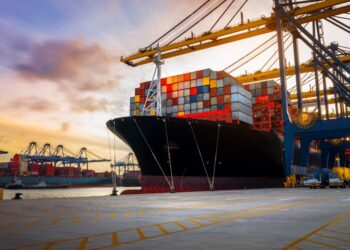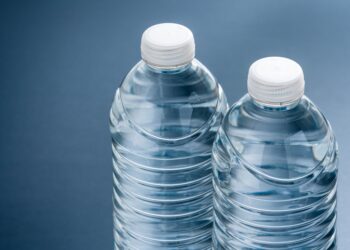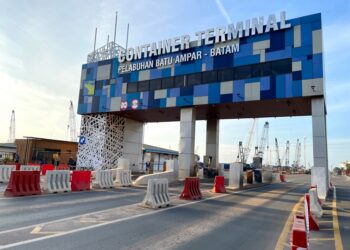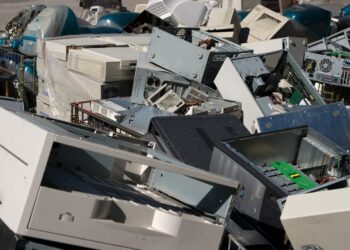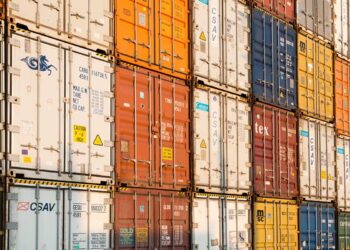In Thailand, import regulations meant to control the flow of end-of-life electronics are creating headaches for shipments of a wider array of metals, including automotive scrap materials. The Recycled Materials Association recently traveled to the country to clarify the confusion.
The Basel Convention, the global treaty covering waste shipments, expanded the scope of end-of-life electronics it regulates at the beginning of 2025. The new language brought almost anything that could be considered e-scrap under the treaty’s purview. U.S. processors anticipated significant disruption in exporting e-scrap fractions.
But as Basel-party countries — most of the world, but not the U.S. — go through the process of adopting domestic laws to incorporate the new Basel rules, there is some confusion over what exactly is covered.
“During this ongoing implementation process, many governments are interpreting the e-waste amendments too broadly and mistakenly including recycled and recyclable non-ferrous metals in the scope of the control mechanisms,” ReMA wrote in a recent briefing.
ReMA President Robin Wiener told E-Scrap News that in recent weeks, the association has begun hearing from scrap metal members that exports of shredded mixed non-ferrous metals (known as Zorba in the scrap metal industry), insulated copper wire and electric motors were being rejected from import into Thailand.
“These products are traded internationally under the globally-recognized ISRI Specifications, which are managed by the Recycled Materials Association,” ReMA added in the briefing. “These materials are specifically categorized as non-ferrous metals and not as electronics materials, for which they are distinct specifications.”
The scrap metal confusion is largely confined to imports into Thailand, Wiener added, and most governments are implementing the Basel electronics amendment in a way that does not cover the wider array of metals.
ReMA pointed to guidance from the Austrian government as an example of how to properly differentiate between Basel-covered e-scrap materials and non-Basel-covered scrap metals. It allows for e-scrap materials like circuit boards or cable remnants to make up a maximum of 10% of the load, and still be considered non-Basel-controlled material.
ReMA and the Bureau of International Recycling visited Thailand last week and met with government officials to discuss the problem, although it has not been resolved. There are between 100 and 200 containers of recycled material stuck at ports in Malaysia due to the confusion, and shipping line Maersk has signaled it will not carry recycled commodities into Thailand until the issue is sorted out, according to ReMA.
In a June 26 statement, Adam Shaffer, vice president of international trade and global affairs at ReMA, said he met last week with Thailand’s Minister of Commercial Affairs at the Royal Thai Embassy in Washington, D.C.
“We are currently engaging with the U.S. State and Commerce Departments, as well as the U.S. Environmental Protection Agency (EPA) about pushing for a diplomatic solution to address these trade challenges impacting U.S. exporters of recycled nonferrous metals,” Shaffer said.














